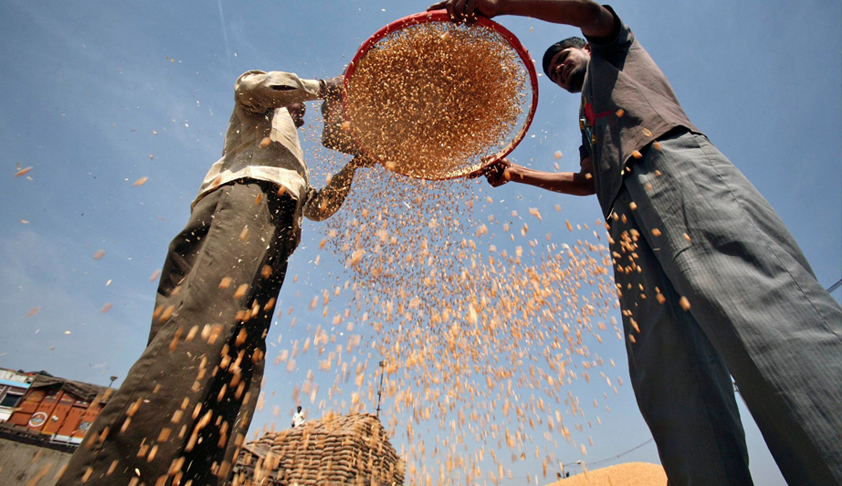- Home
- /
- News Updates
- /
- National Food Security Bill under...
National Food Security Bill under Fire
Richa Kachhwaha
10 Jun 2013 4:58 PM IST
With no political consensus on UPA’s National Food Security Bill in sight, the government is reportedly working towards bringing an ordinance to implement the Bill. The Food Bill aims to supply subsidized food to India’s 67 per cent of the underprivileged population. Primarily, the Bill seeks to provide a uniform monthly legal entitlement to 5 kg food grains per person at Rs. 1-3 per kg....
Next Story



